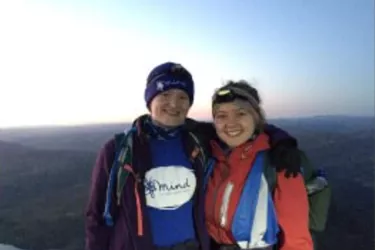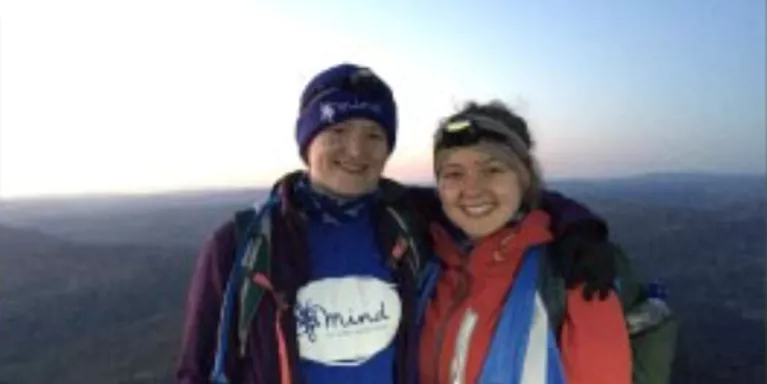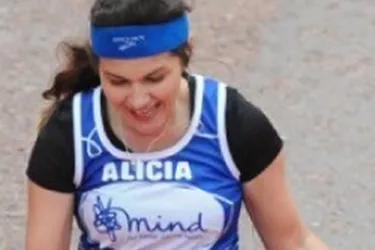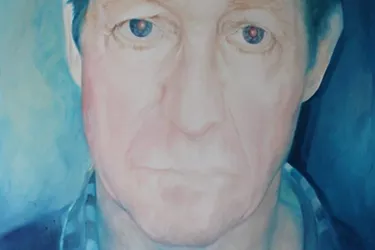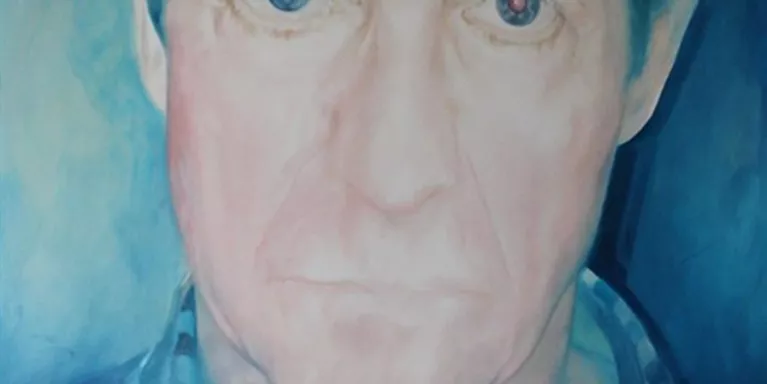Being diagnosed with depression
Becca shares her experiences of depression
I had always wondered why I felt so different. Asking myself “why?” for the past 4 years had I often had feelings of sadness, loneliness and despair.
At the age of thirteen I initially put this down to hormones, homework and the odd fallout with friends (or boyfriends!). I had a normal life, nothing major had ever happened to me, so I convinced myself these feelings would pass.
Three years later they hadn’t. Don’t get me wrong I had happy times but I couldn’t get rid of these hours, days, and weeks of what felt like sinking into a big dark hole that I couldn’t climb out of.
I found it too difficult to speak to anyone, even my family, about how I was feeling. I was too scared they wouldn’t understand and I didn’t want them to feel like they had done something wrong.
Once I was 20 I visited my local GP to discuss my worries. I had done some research on the Internet including looking on the Mind website and had looked into depression. I talked to my GP about this. My GP rushed me through this assessment and I answered some questions about my feelings. I didn’t know why I was being asked this and even under exaggerated some of them for fear they were going to label me. I had come across some really unhelpful things on the Internet and even tried to diagnose myself, which just shows how important it is to seek professional support with mental health issues.
Apparently I scored quite highly on the questions (which turned out to be the GAD/PHQ scale for anxiety and depression). They gave me no medication and told me to get counselling. Counselling? I asked, how will that help!?
I felt rushed through this process and came out feeling worse than ever. After another few weeks I decided that maybe my GP could be right. I got in touch with my local Mindand attended and induction where another four women were as well. I sat talking to them before the worker came in and this did more good than I ever expected.
I learnt that it wasn’t just me this was happening to, it happened to other people too. I wasn’t as ‘different’ as I thought.
Unfortunately, this was the last time I went back to this group. I didn’t have the confidence to attend again and work commitments took over, but it gave me the confidence and self-belief to keep on trying to make some improvements to my mental health.
Since then, I have been in touch with my local Mind again and re-visited my GP. This time, I felt more confident to ask questions and they ended up putting me on anti-depressants. I also attended counselling, CBT and have started meditation. I have used the Mind website to learn more about depression and anxiety (which I was later diagnosed with). This has really helped me understand the biology behind it but also to normalise my diagnosis. What also helped was talking to other people and Mind helped me to do this. I used MoodGym online to do some online CBT work which went hand in hand with the counselling and helped me to develop strategies when my mood was low or my anxiety became difficult to manage.
Don’t get me wrong, there are still ups and downs. But developing a strong support network of people around me has enabled me to live a ‘normal’ life again. No longer feeling stuck in a rut, alone and isolated. I couldn’t have done this without the support and belief from friends, family and the professionals I was in touch with.
The best lesson I learnt was to ask questions, don’t be afraid. Don’t let anyone rush you through assessments or give you one option if you feel that something else may work for you. You know you best! Share everything and don’t under-exaggerate or over exaggerate - this will not help you recover.
There is a hope and chance for everyone and although being diagnosed can feel like a stigma or label it is a step forward to living a full and positive life!


Information and support
When you’re living with a mental health problem, or supporting someone who is, having access to the right information - about a condition, treatment options, or practical issues - is vital. Visit our information pages to find out more.
Share your story with others
Blogs and stories can show that people with mental health problems are cared about, understood and listened to. We can use it to challenge the status quo and change attitudes.










